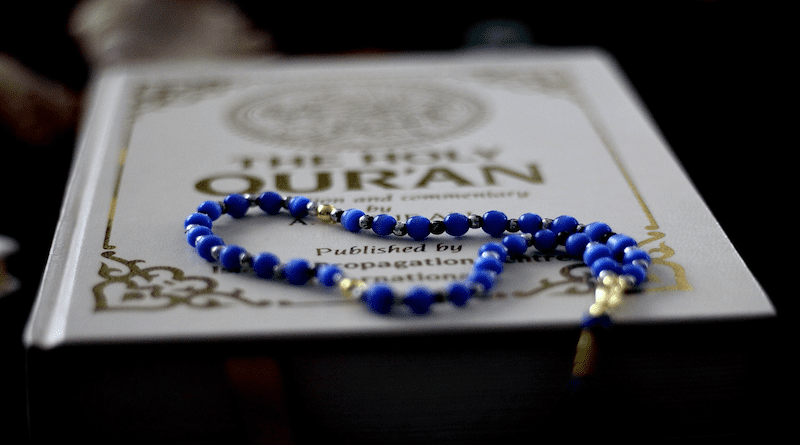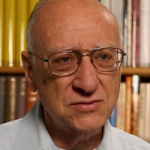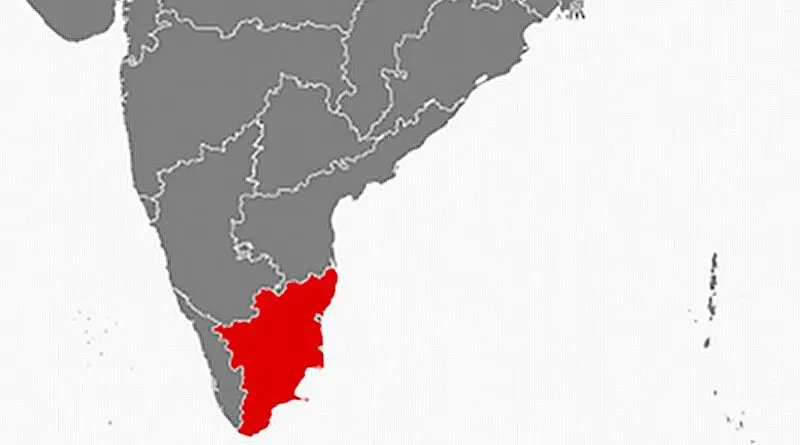DR.NADIA HELMY
MAY 12, 2024

As the world enters a new period of turbulence and change, relations between major powers are also undergoing new and profound changes. Here, China can play a pivotal role in maintaining the stability and balanced development of major-country relations, especially China is committed to developing friendly relations and cooperation with all countries in light of the Five Principles of Peaceful Coexistence. China pursues the process of resolutely safeguarding world peace and development, and better maintains world peace and development through its own development. On March 7, 2024, Member of the Political Bureau of the Central Committee of the Communist Party of China, Foreign Minister “Wang Yi” attended a foreign affairs press conference of the Second Session of the 14th National People’s Congress, where he answered questions from Chinese and foreign journalists about China’s foreign policy and international relations.
Establishing a community with a shared future for humanity is a lofty goal pursued by Chinese diplomacy. Chinese President “Xi Jinping” has clarified more than once in his political speeches the concept of a community with a shared future for humanity in all its aspects on various occasions, and he took the initiative to apply the shared values of humanity to build an open, comprehensive, clean and beautiful world in which lasting peace, global security and common prosperity through consultation, cooperation and benefit for all. Chinese President “Xi Jinping” also proposed the Belt and Road Initiative, the Global Development Initiative, the Global Security Initiative, and the Global Civilization Initiative, respectively, to advance common development, lasting security, and mutual benefit among civilizations for the human community at a deep level, and mobilize the efforts of all countries.
China is willing as well to strengthen strategic dialogue with developed countries to increase mutual strategic trust, deepen mutually beneficial cooperation, properly address differences, and explore ways to establish and develop a new type of relations with major countries in the world in order to achieve steady, stable and healthy development of China’s relations with these countries. It adheres to the policy of good neighborliness, partnership and developing friendly relations and cooperation with neighboring countries and other Asian countries. China is also keen to conduct bilateral and regional cooperation with these countries and work with them to create a regional environment in which peace, stability, equality, mutual trust, and a spirit of cooperation and mutual benefit prevail. With China’s constant endeavor to strengthen solidarity with the many developing countries, deepen traditional friendship and expand joint cooperation with them, we sincerely support developing countries to achieve independent development through economic aid, investments and other methods. Chinese President “Xi Jinping” stressed in his political discourses on protecting the rights, legitimate interests and common interests of developing countries. China is actively to participate in handling multilateral affairs and global issues, and China bears its required international responsibilities and plays a constructive role in making the international political and economic system more just and equitable. As China continues to conduct communication and cooperation with other countries at the parliamentary, party and local levels and in the field of civil society and expand popular and cultural communication with abroad to increase mutual knowledge and friendship between the Chinese people and other peoples.
The “major state diplomacy with Chinese characteristics” aims to maintain world peace and promote common development. China calls for building a harmonious world of lasting peace and common prosperity, and works with other countries to achieve this as both a long-term goal and an urgent task. In order to build a harmonious world, China made many efforts to achieve this goal.
At the political level, the major country diplomacy with Chinese characteristics focuses on the necessity of making the countries of the world treat each other on the basis of mutual respect and equal consultation, and work together to strengthen democracy in international relations. All countries of the world, whether large or small, strong or weak, rich or poor, are equal members of the international community and deserve respect from the international community. Chinese state policy also diplomatically emphasizes that all countries must support the central role of the United Nations in international affairs, adhere to the purposes and principles of the United Nations Charter, adhere to international law and recognized rules in international relations, and perpetuate the spirit of democracy, harmony, cooperation and win-win in international relations. With China’s constant emphasis on the importance of letting the peoples of the world decide the affairs of their countries, while international affairs must be addressed through equal consultation between all countries of the world. The right of states to participate in international affairs on an equal footing must be respected and protected.
On the other hand, China links the interests of the Chinese people with the common interests of the peoples of the world, seeks to expand common interests with all parties, and works to form and develop common interest blocs with other countries and regions in various fields and at all levels. China is committed to promoting the common interests of all mankind, and advocates that everyone should benefit from the fruits of the progress of human civilization. China also calls for the establishment of a new security concept based on trust, mutual benefit, equality and cooperation.
Regarding enhancing cooperation-based security, China believes that wars and confrontations only lead to a spiral of violence and counter-violence, and that dialogue and negotiation represent the only correct and effective way to resolve disputes. The countries of the world must strive to achieve peace, security, harmony and harmony through cooperation and opposition to the use of force or the threat of its use for the most trivial reasons. Here, China bears international responsibility with a positive attitude. China, as the most populous developing country in the world, believes that managing its affairs well is its most important responsibility towards the world. China, as a responsible member of the international community, adheres to international law and recognized rules in international relations, and is keen to implement its required international obligations. China takes a positive stance in reforming the international system, formulating international rules and addressing global issues, supporting development in other developing countries, and working to safeguard world peace and stability. In light of the varying national circumstances and developmental stages of different countries, all countries must work to bear the required international responsibility in accordance with the principle of reconciliation between international responsibility, rights and national power, and play a constructive role in the international community according to their national capacity, in a way that achieves their interests and the common interests of humanity. China will assume international responsibility as much as possible as its comprehensive national strength grows.
China also adheres to the policy of good neighborliness and regional cooperation. China actively works to enhance friendship and cooperation with neighboring countries, and is keen to participate in building a harmonious Asia. China calls on the countries of the region to respect each other, enhance mutual trust, seek common visions while leaving differences aside, and settle differences and various problems, including disputes over territorial sovereignty and maritime rights and interests, through negotiation, dialogue and friendly consultation, in a way that achieves peace and stability in the region. The countries of the region must enhance economic and trade exchange and joint cooperation, strengthen the process of regional economic integration, complement existing regional and sub-regional cooperation mechanisms while adopting an open attitude towards other regional cooperation initiatives, and welcome countries outside the region to play a constructive role in supporting peace and development in the region. China does not seek regional hegemony or establish spheres of influence, nor does it seek to exclude any country from regional cooperation. China’s development, prosperity and lasting stability do not constitute a threat to neighboring countries, but rather an opportunity for them. China will, as always, adhere to the Asian spirit of self-reliance, insist on making further progress with creative ideas, openness, tolerance and cooperation. China is willing to remain a good neighbor, a close friend, and a distinguished partner to other Asian countries forever.
Chinese wisdom promotes world peace, and China, as a permanent member of the UN Security Council, is committed to constructive participation in resolving international hot issues. Adhering to non-interference in internal affairs, as the Chinese side continues to respect the sovereignty and territorial integrity of the countries concerned, and plays the role of mediation according to the needs and desires of the countries concerned, in accordance with the Charter of the United Nations. For a long time, the Chinese side has always led the voice of the countries of the Global South to search for development paths independently, and has also always supported the countries of the South, especially African and developing countries, to solve regional security problems in unity and solidarity.
Accordingly, we understand that China’s economic growth and development play a major role in promoting global development and maintaining global economic stability. China defends the issues of developing countries in international forums, and also plays active roles in important international groups such as the G20, the BRICS, and the Asian Infrastructure Investment Bank. All of this indicates China’s strong relationship with supporting the cause of development in the world. Chinese initiatives, such as the recently launched “Global Development Initiative” and the “Belt and Road Initiative”, reflect China’s contribution to global development and support for developing countries and emerging economies, thus contributing to achieving global stability.






